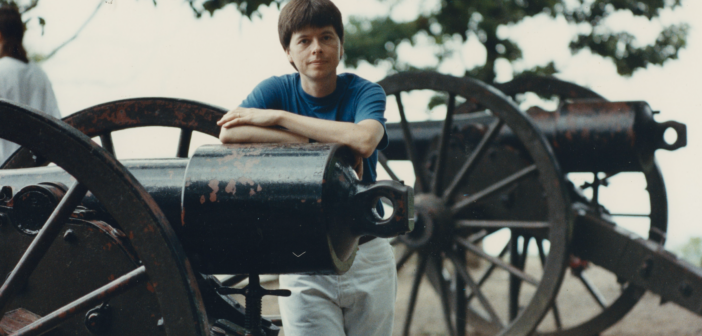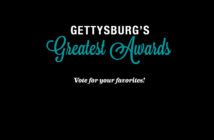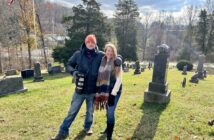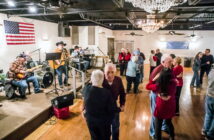A Celebration of HIStory
By Ana Villanueva-Lykes
Who Are We? A Festival Celebrating the Films of Ken Burns debuts in Gettysburg on February 10
“You know we tell stories to continue ourselves,” documentarian Ken Burns muses as he reveals his process of storytelling. This February, Burns will continue to tell his story and those of the many greats he’s brought to life in Who Are We? A Festival Celebrating the Films of Ken Burns. Gettysburg College and Majestic Theater, in cooperation with Florentine Films, will host the first-ever film festival dedicated to the highly acclaimed Burns. The event will delve into the question the filmmaker explores in his works—who are we based on our history?—and will feature several expert speakers in history, documentaries, and filmmaking.
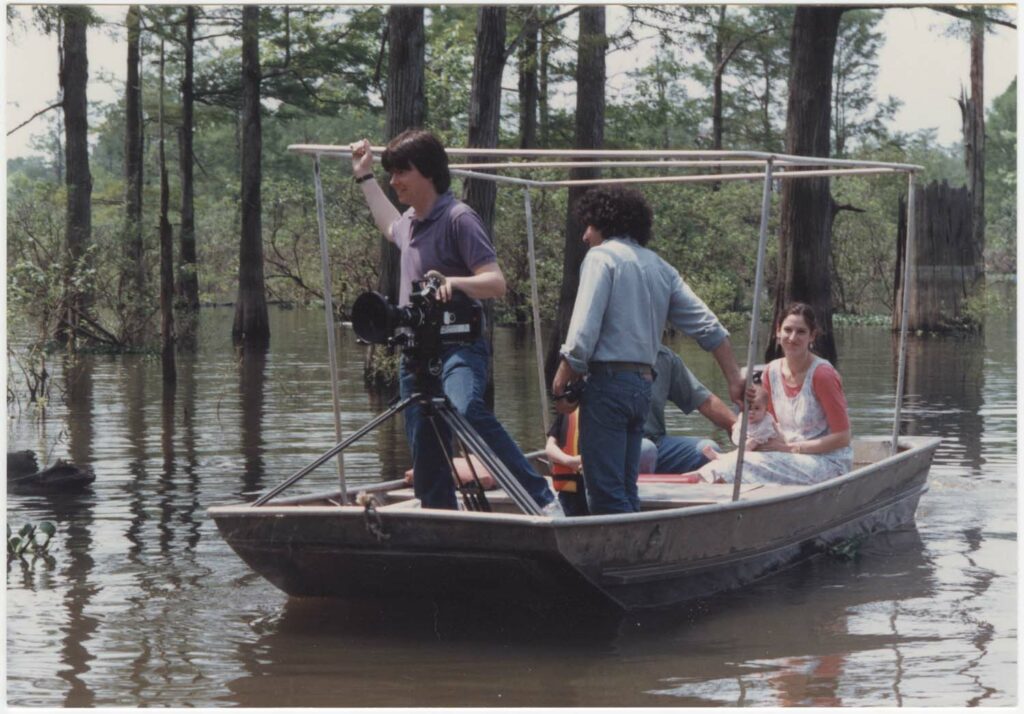
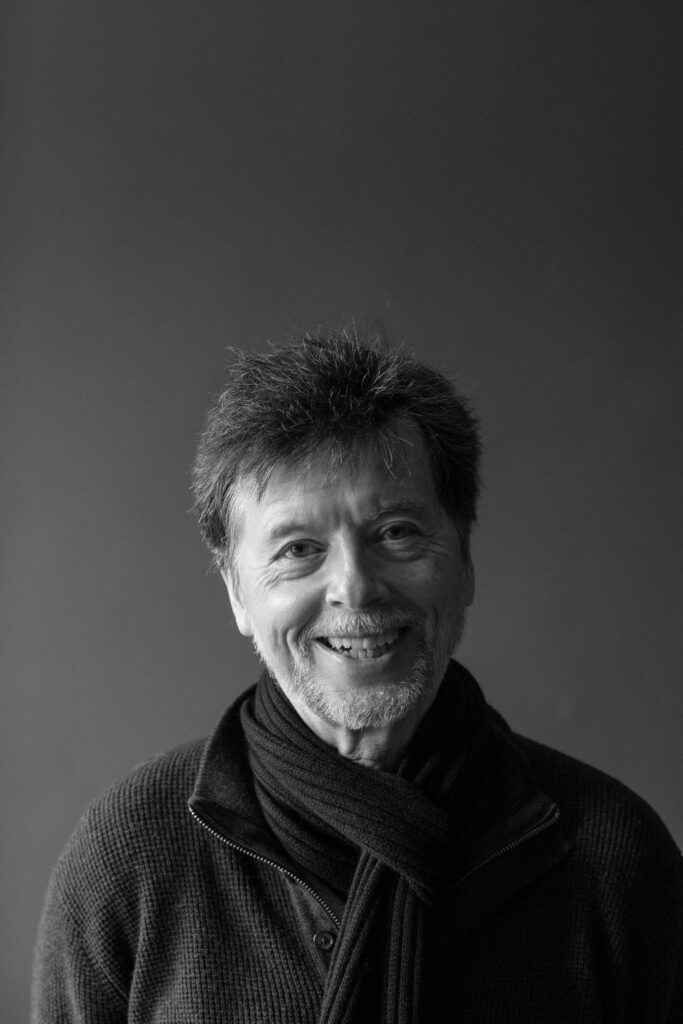
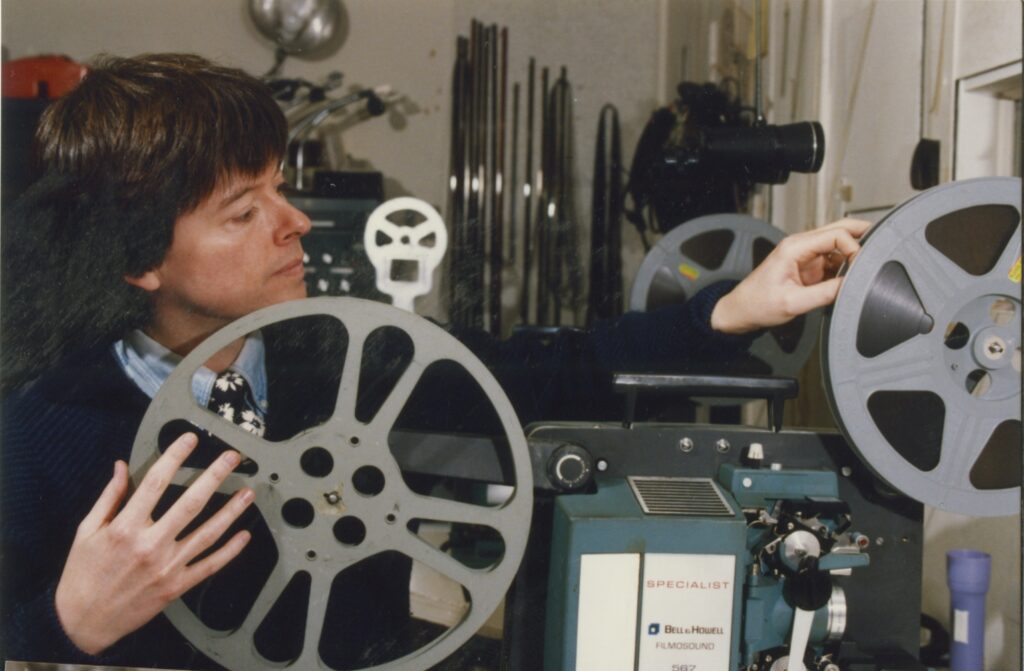
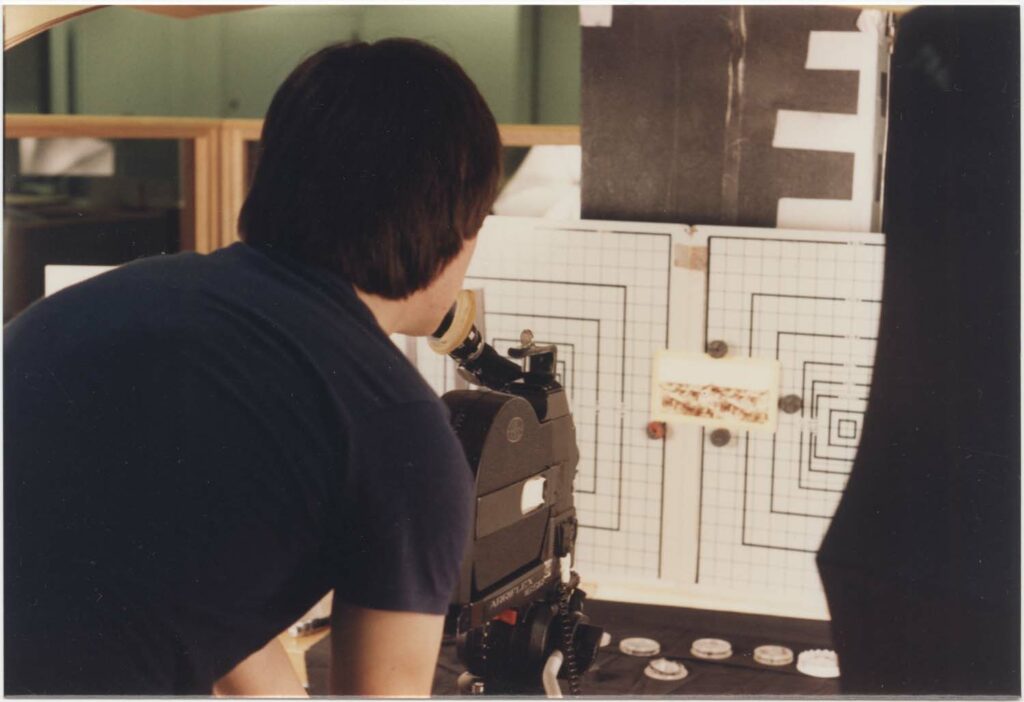
Remembering and Imagining
Having directed and produced the TV documentary The Civil War and the 90-minute feature about Abraham Lincoln’s speech The Address, Burns may be considered one of the foremost historians to reveal the true spirit of the Battle of Gettysburg. In a 2022 poll by Real Screen Magazine, The Civil War was hailed as “the most influential documentary of all time.” It is only fitting that this entire festival in Gettysburg, known to be the turning point of the Civil War, will spotlight Burns and his artistry.
“Gettysburg is both a place of remembering and imagining,” Burns explained when the festival was announced. “It is, of course, a burial ground for those who fought there—North and South—but it is also where President Lincoln imagined a new country, one where the values we associate with our country’s founding were given new meaning.”
The festival will feature screenings of several documentary episodes from Burns’ 40-year catalog, including a marathon presentation of The Civil War—all 11.5 hours of it. Two thematic highlight reel presentations compiled and introduced by the acclaimed filmmaker will also be presented at the historic Majestic Theater.
Considered as a cultural crossroads of commerce, college, and community, the Majestic Theater is a landmark in the heart of Gettysburg. It first opened its doors in 1925, sharing with its audience vaudeville acts and silent movies. And in February, it will host one of the biggest gatherings of film and history enthusiasts, with tickets selling out fast.
Over the three-day event, Burns will meet with Gettysburg College students to discuss his works and their significance to our time. The festival, open to the public, will offer several talks and breakout sessions that delve into history and filmmaking.
The story of the Three
“The real genuine stories are really about one and one equaling three. That’s what I’m interested in,” shares Burns. “We live in a rational world where we are absolutely certain that one and one equals two, and it does.
But the things that matter most to us—some people call it love, some people call it God, some people call it reason—is that other thing where the whole is greater than the sum of parts. And that’s the three.”
In his documentaries, Burns digs deeper to tell the stories beyond what we all know, to tell the stories that matter most to us. Highlighting these goals are three key individuals who have been instrumental in organizing the event: Jake Boritt, festival director; Jeffrey Gabel, founding executive director of Gettysburg College’s Majestic Theater; and Andrew Dalton, executive director of the Adams County Historical Society.
In summer 2020, Boritt, an accomplished filmmaker, was working with Burns to save Gettysburg artifacts for the historical society. “There was a lot going on locally and nationally that summer as well with COVID, protests, and activists showing up on the battlefield on July 4,” says Boritt. “I made an off-hand remark, ‘What Gettysburg really needs is a Ken Burns film festival.’ Ken responded immediately ‘I love it. Lots to work out.’”
Most of Burns’ documentaries were produced to be shown on PBS but, for the first time ever, his films will be exhibited in a movie theater. The festival will feature 35 hours of film screenings in three theaters in three days. Coincidentally, the celebration will conclude on Lincoln’s birthday.
Gabel says there’s no better place to celebrate the Great Emancipator’s birthday and the highly esteemed documentarian who has defined our nation’s history. “Our primary goal is to celebrate the extraordinary lifetime achievement of Ken Burns, who has dedicated his career to telling the compelling and complicated history of ‘We the People’,” he says.
Burns was one of the first to bring the story of Gettysburg to a national audience, and he has constantly shown support to preserve and uphold the history of Gettysburg. “… Burns has maintained his connection and admiration for the important history of this community,” explains Dalton. And, Dalton says, Burns has played an important role in preserving millions of artifacts and stories related to the history of Gettysburg and Adams County.
The Waking of the Dead
Growing up with a mother battling cancer, Burns had to grapple with the truth of mortality. Looking back at his childhood, he tries to explain why he likes to tell stories about history. “It might be that what I’m engaged in, in a historical pursuit, is a thin layer perhaps thickly disguised waking of the dead,” he rationalizes. “That I try to make Abraham Lincoln, Jackie Robinson, and Louis Armstrong come alive, and it may be very obvious and very close to home who I am actually trying to wake up.”
In his film, The Address, Burns brings Lincoln back to life through the most unlikely storytellers—children. Lincoln’s message is weaved through the story of students with learning difficulties. Through the seemingly small and timid voices of these children, Burns powerfully shows the great impact of Lincoln’s immortal voice even to this day.
As the students are liberated from their fears of speaking to an audience, Burns also reveals Lincoln’s message of liberation, of the rebirth of freedom. This is just one of Burns’ many masterful storytelling techniques, where he reveals the message through the art of manipulation. And, according to Burns, all story is manipulation. “People say, ‘Oh boy! I was so moved to tears in your film.’ That’s a good thing. I manipulated that,” continues Burns. He says it’s part of storytelling, and it’s not done disingenuously. “I did it sincerely. I am moved by that, too.”
The master storyteller used the same technique in Jackie Robinson, where the filmmaker employs the love of baseball to tell the story of the fight against discrimination. Burns also brings back to life the many of greats of our time, including Benjamin Franklin, Muhammad Ali, and Ernest Hemingway, earning him several awards and accolades. He’s been awarded 16 Emmy Awards, two Oscar nominations, more than 30 honorary degrees and an Academy of Television Arts & Sciences Lifetime Achievement Award.
His landmark television series, The Civil War, hailed as “heroic television” by The Washington Post, has earned more than 40 major film and television awards, including two Emmy Awards, two Grammy Awards, Producer of the Year Award from the Producer’s Guild, People’s Choice Award, Peabody Award, duPont-Columbia Award, D.W. Griffith Award, and the $50,000 Lincoln Prize.
Born in Brooklyn in 1953, Burns spent most of his childhood in Ann Arbor, where his father was professor at the University of Michigan. He earned a bachelor’s degree in film and design from Hampshire College in Massachusetts, then co-founded the documentary film company Florentine Films. He won his first Academy Award for his 1981 documentary Brooklyn Bridge and never looked back. Burns’ long list of award-winning and highly acclaimed works include The Statue of Liberty, Baseball, Mark Twain, Jazz, and Horatio’s Drive: America’s First Road Trip. In the works are Leonardo da Vinci, the American Buffalo, and many others, showing a wide range of interests from history to culture.
After four decades of producing and directing films, Burns continues to wake the dead, telling stories, perhaps to keep his legacy going, to answer questions and find meaning out of loss and life’s misfortunes. And, as he would like to put it, “keep the wolf from the door.”
Want to attend?
February 10-12
Breakout sessions will feature guest speakers including longtime Burns collaborators Geoffrey Ward, writer; Sarah Botstein, producer; and Buddy Squires, cinematographer, as well as musicians Jay Ungar and Molly Mason, and exonerated Central Park Five member Kevin Richardson.
Tickets and festival passes to Who Are We?: A Festival Celebrating the Films of Ken Burns are available at the Majestic Theater Box Office. Call 717-337-8200 or order online at www.gettysburgmajestic.org.

